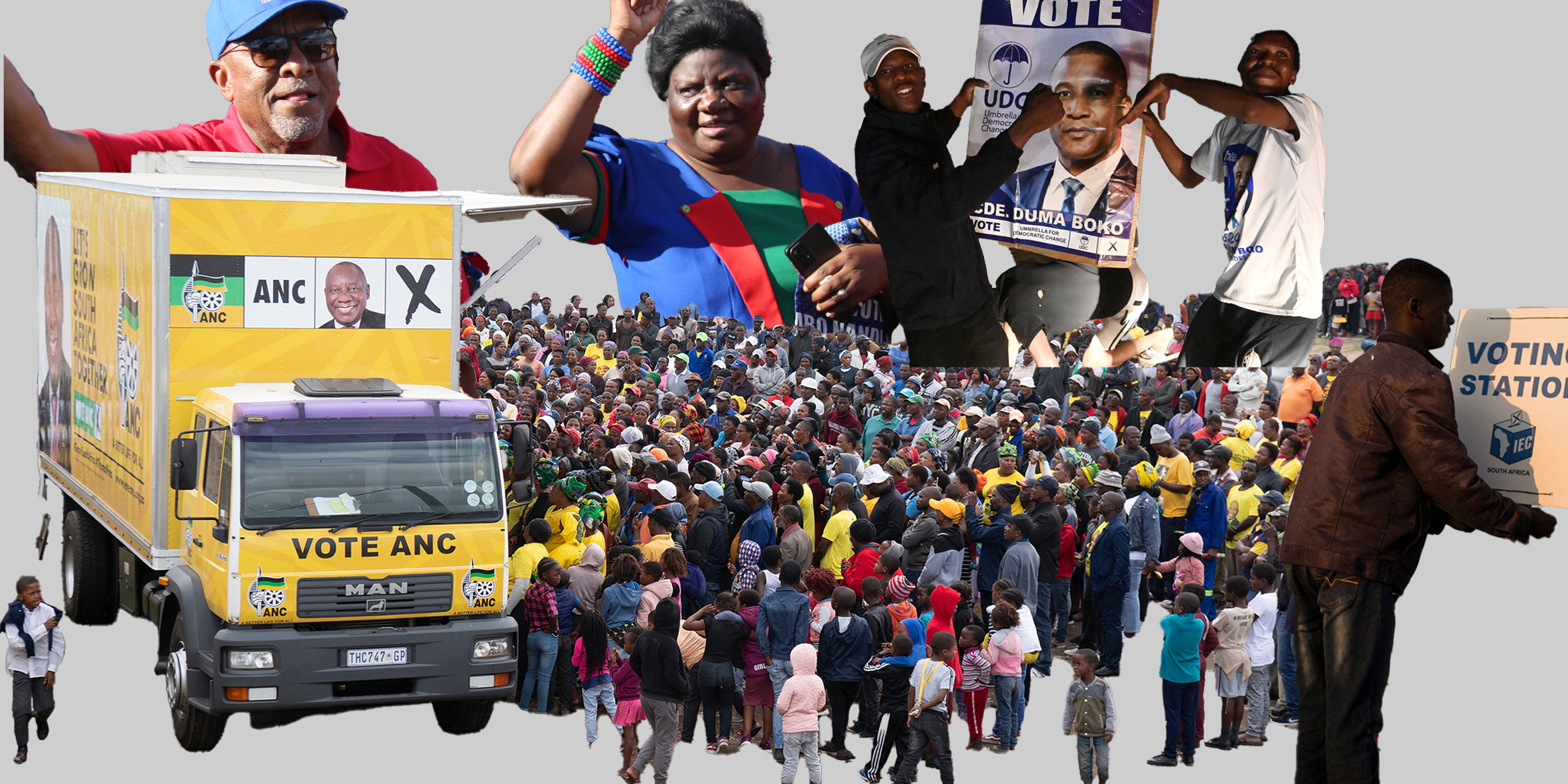Africa might still be perceived as a basket case with the continent not having much going for it. However, the continent — even with its many shortcomings — has an advantage over the developed world.
That advantage, evident in 2024, involves democracy in several African countries holding up after presidential and parliamentary elections, and a peaceful transfer of power being demonstrated.
In 2024, South Africa, Botswana, Mozambique, Mauritius and Namibia all held elections. It has been a year in which liberation movements and political parties that enjoyed power for decades were voted out and, in the process, lost their hegemony.
In South Africa, public trust and goodwill eroded towards the ANC, which has single-handedly governed for three decades. The party failed to secure a majority of the votes during the May 2024 elections. Left with a bloody nose and eating humble pie, the ANC had to negotiate with smaller political parties to form a coalition government after its electoral support fell by 17 percentage points to 40%.
The same happened in Botswana. The Botswana Democratic Party, which has been in power for six decades, was booted out of government as it lost elections to an opposition coalition called Umbrella for Democratic Change. This opposition coalition is led by Duma Boko, a young Harvard-educated human rights lawyer.
Politicians in South Africa and Botswana displayed maturity as they accepted defeat and didn’t question the integrity of electoral institutions, which are key pillars of democracy. The election outcomes didn’t spark violence, but sparked a peaceful transfer of power. This maturity is rare on the African continent and even in the developed world. After all, this maturity was lacking in the US when Donald Trump supporters stormed the Capitol on 6 January 2021 following his election defeat to Joe Biden.
Mauritius, which sits about 2,000km off Africa’s east coast, is recognised as one of the continent’s most stable democracies. Mauritius also held elections which led to opposition leader Navin Ramgoolam’s landslide victory.
Unfortunately, elections in other parts of Africa have not gone down smoothly.
Mozambique recently held an election, the credibility of which has largely been dismissed by observers because the ruling Frelimo party claimed it secured a landslide victory. The Frelimo party has been in power since Mozambique’s independence from Portugal in 1975. Chaos has ensued in Mozambique since the elections, with weeks-long demonstrations leading to violent encounters with the police and more than 60 people being killed. Mozambique’s opposition leader, Venâncio Mondlane, has been calling on his supporters to protest against the results of October’s presidential elections.
The elections in Namibia on 27 November also faced disruptions, mainly “logistical” failures, including the shortage of ballot papers and overheating electronic tablets used to register voters, which left voters standing in queues for hours.
Namibia’s governing party, the South West Africa People’s Organisation (Swapo), is set to return to power, continuing its dominance since independence in 1990. Namibia appears set to get its first female president, with Netumbo Nandi-Ndaitwah of Swapo holding a healthy lead as vote counting continues. It’s a matter of hours before her victory is officially declared.
The different election outcomes across the African continent pave the way for several questions to be asked, especially about the role of liberation movements and how voters view them. Dissatisfaction with mainstream politics is likely driving voters to other choices, resulting in tectonic political shifts. Political analyst Dr Ralph Mathekga, in his book The ANC’s Last Decade: How the Decline of the Party will Transform South Africa, provides some insights into why liberation movements across Africa are dying.
Mathekga hypothesises that most liberation parties stay in power for 30 years and, after that, they tend to fizzle out and lose relevance. A case in point is the ANC, which failed to continue its dominance beyond 30 years.
Mathekga argues that most liberation movements struggle to take on a new identity beyond liberation, failing to transform into a political party with a strong governance and service delivery mindset. They also struggle to keep up with slick coordination by opposition political parties, institutional or electoral reforms, high levels of corruption and gross abuse of office, as well as factional conflicts.
If a party lives beyond 30 years, they tend to resort to other measures to stay in power. They no longer resort to normal and democratic processes of staying in control. Thank goodness, the ANC accepted defeat, and democracy in some parts of the African continent held up. DM
Africa
After the Bell: Elections in Africa can teach the rest of the world about democracy
Liberation movements no longer appeal to voters and this is why there have been tectonic shifts in election outcomes. Democracy is maturing in Africa, as seen in a peaceful transfer of power in some countries.





